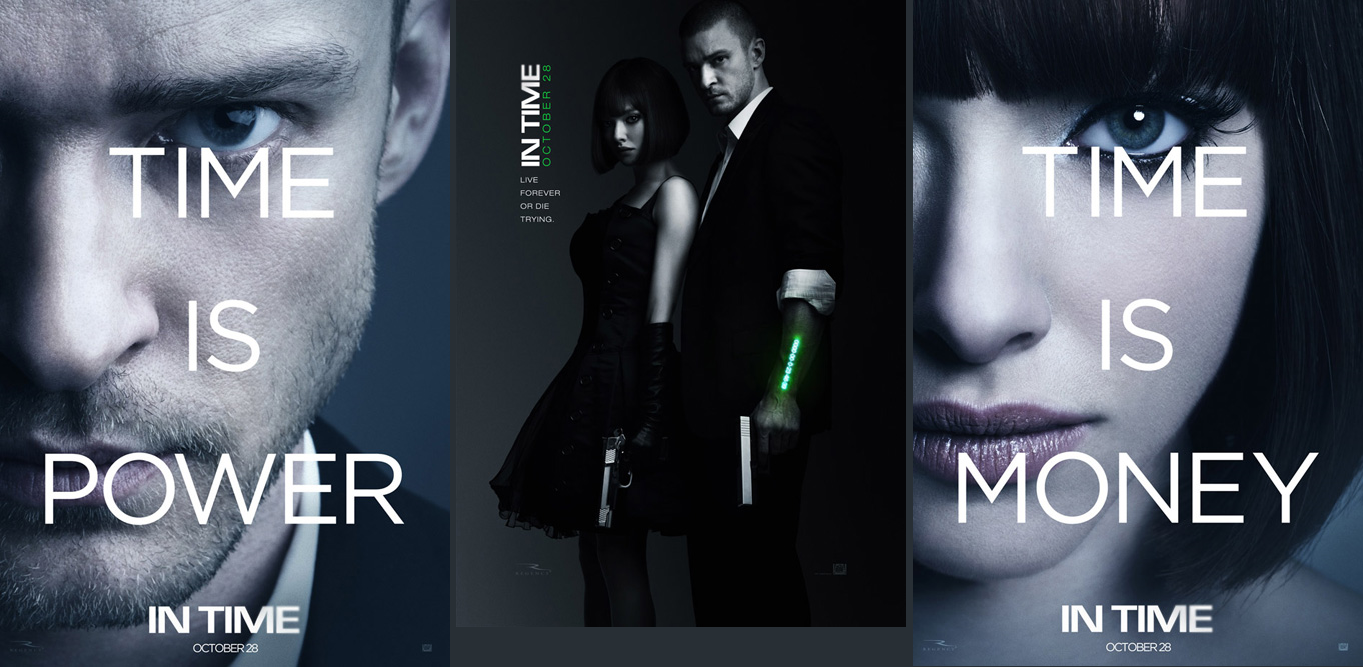I recently re-watched The Truman Show this week, and I thought, wow! The ethical dilemmas; the allegory of the cave comparisons; Christof as the Evil Genius; a prediction of how far Reality TV could go; the blurring of the lines between reality and fiction.
According to the website, The Take, it breaks down one of the film's biggest philosophical influences:
"The most significant influence behind The Truman Show is the work of Jean Baudrillard, the famous French sociologist, philosopher and postmodern theorist. His most famous work, the 1981 philosophical treatise Simulation and Simulacra, focuses on the relationship between reality, symbols and society — not unlike the topics explored in The Truman Show. From this work emerged Baudrillard’s theory of hyperreality, which Baudrillard defines as the “inability of consciousness to distinguish reality from a simulation of reality, especially in technologically advanced postmodern societies.” Truman’s world is a concrete example of a hyperreality, as it’s a simulation of a world that is seemingly real but does not actually exist. The key to the hyperreality of The Truman Show is its apparent authenticity, as every element within Truman’s world is designed to copy the appearance of the real one. It’s this replication of the appearances of reality that continuously tricks Truman, preventing him from learning the truth for decades and blurring the line between reality and fiction."
https://the-take.com/read/how-does-the-truman-show-relate-to-the-works-of-jean-baudrillard#:~:text=Quick%20Answer%3A%20The%20Truman%20Show,but%20does%20not%20actually%20exist.
Apparently, with the spread of Reality TV, most of which happened AFTER this movie, a new mental disorder was actually named after Truman Burbank,The Truman Show delusion, in which someone thinks that their entire life is being staged for a TV show or that they're being watched on camera.
Casting Jim Carrey in this role was also a huge risk in 1998, given that he was almost exclusively known as an over-the-top comedic actor, famous for roles in Ace Ventura, The Mask, Dumb and Dumber, The Cable Guy, and Liar, Liar. I think that he had done an amazing job of giving Truman humanity and rebellion. There's also the allegory of the cave aspect of the film - after learning about it and watching this film, Truman's soundstage is literally a cave that simulates reality. In fact, Plato envisioned the prisoners in the cave as not really seeing reality but shadows on the wall. Is this much different than The Truman Show?
Questions to answer (Pick 3 to do, you must include #6):
1. How close to the allegory of the cave was The Truman Show? Is it truer to the allegory than the Matrix or Free Guy? Where is The Truman Show the closest to the allegory? Where does it fall short the most? Explain why.
2. How did the Truman Show anticipate what Reality TV would become in the next 25 years? Explain.
3. What are your thoughts about the ethics of Truman being the first human being owned by a corporation? In some weird way, are employees "owned" by their employers with the salary / wages that they pay their employees? Is this metaphorical slavery? Explain.
4. How much does Christof act as Descartes' Evil Genius? And of course,how is Christof NOT like the Evil Genius?
5. Throughout the film, you see the audiences are extremely invested in the show, which would explain why the show had run for almost 30 years, complete with the sale of props and products from the show. Right as the film (and the show) ended, though, the security guards were already asking about what was next. What is the filmmaker saying with that final scene?
6. If there is any film that screams for a sequel, this is one. What do you think happens next once Truman leaves the set (and, in essence, his whole life) behind?
300 minimum words total for all three answers. Due Tuesday night, June 6, by 11:59 p.m.






















